Even the most ardent supporters of surrogacy admit that the present situation in Australia is a mess. Commercial surrogacy is illegal and while altruistic surrogacy is permitted, it happens very rarely. Instead, most couples seeking surrogacy head overseas, typically to Thailand or India, for a service that has quickly become a profitable industry. The hidden costs are high. Poor and vulnerable women are being ruthlessly exploited; pregnancies that do not meet expectations are being terminated; and unwanted babies are being abandoned.
A few recent cases have shed harsh light on Australia’s involvement in the dark and dirty world of international commercial surrogacy. First came the ‘Baby Gammy’ case, where an Australian couple who had paid for surrogacy services in Thailand sought the selective termination of one twin who tested positive for down syndrome, the surrogate mother refused to undergo an abortion and baby Gammy was subsequently left behind when they returned to Australia with his healthy brother. It was later discovered that the biological father is a convicted child sex offender.
Another case, dating back from 2012, has since come to light. Following the birth of twins in India, the commissioning parents decided that they only wanted one baby because they couldn’t cope with bringing up two. Diana Bryant, the Chief Justice of the Family Court, has alleged that high-level pressure from Canberra was placed on consular staff in Delhi to grant the couple’s request for documentation for just one of the twins.
Australians are right to be horrified by such stories, and it is understandable that they have led to calls for commercial surrogacy to be legalized in this country – making it possible for a woman to be paid a fee to carry a child who she then hands over to the commissioning parents. The assumption underlying this proposal is obvious: if Australians are able to secure the services of a local surrogate then this will stop people going overseas, thereby reducing or eliminating the kind of collateral damage that has dominated headlines in recent months.
On the face of it, this seems like a sensible solution. But those who are proposing it have seriously underestimated the nature and scale of legal reform that will be required.
For example, most surrogacy also involves the provision of ovum (eggs) by a third party. In Thailand and India it is (young, blonde) East European women who are providing this vital contribution. For commercial surrogacy to work in Australia, we would also need to establish a commercial market in eggs.
There are at least three other practical problems that advocates have very carefully ignored. First, any law around commercial surrogacy in Australia will rigorously protect the rights of the surrogate. For most commissioning parents, this shift of power would introduce an unacceptable element of uncertainty into the process. Many will wish to be able to take decisions about the conception, the pregnancy and the child that Australian law may not permit.
For example, it is unthinkable that Australian law would take away a surrogate’s capacity to decide about a termination. It is equally unthinkable that Australian law would permit the imposition of any medical or social controls on the surrogate during her pregnancy. This is all good news for the surrogate but bad news for commissioning parents.
Second, there is considerable evidence that commissioning parents actually prefer the psychological and physical distance that comes with international surrogacy.
Put simply: they don’t want their new family to be overshadowed by a surrogate lurking somewhere in the background. While some couples speak of maintaining a relationship with the surrogate mother, the reality is that such contact rarely eventuates. Most couples just want to forget this aspect of their family’s formation. Forgetting will be much harder if the surrogacy takes place in Australia.
And finally, commercial surrogacy in Australia is likely to be extremely expensive. Already altruistic surrogacy in this country, which allows for compensation of medical expenses and lost income, can cost up to $60,000. Adding a fee at the level sufficient to induce women to become surrogates would inflate this cost dramatically. Many prospective parents just won’t be able to afford commercial surrogacy at home and will continue to look to more cost-effective options overseas.
These pragmatic concerns are just one side of the equation. Australians also need to think about the broader ethical implications of establishing a domestic market in commercial surrogacy. I have put the question to enough friends, acquaintances, students and colleagues to be pretty certain that anyone in a secure situation would never dream of becoming a commercial surrogate. How do we feel about the possible – or even likely – exploitation of financially vulnerable women? If we legalise commercial surrogacy, how would we justify a continuing ban on similar practices such as the (rapidly growing) trade in kidneys?
And what are the implications of surrogacy for how we value pregnancy and motherhood? Some argue that this is another frontier in the empowerment of women. But is the marketization of women and babies really a victory?
In this area as in so many others, governments are lagging behind social and technological change. Tony Abbott’s recent remark that surrogacy is none of his government’s business – that it is a matter for States – is wrong and shortsighted, failing to appreciate that no action is itself a decision to affirm the highly unsatisfactory status quo. The Federal Government has a legal and ethical responsibility to weigh into this debate, not least because it involves the internationally prohibited practice of sale of children.
We need courageous, reflective discussion and leadership on this issue; not a quick fix that might make us feel a bit better but won’t solve anything.
Got something to add? Join the discussion and comment below.
Get 10 issues for just $10
Subscribe to The Spectator Australia today for the next 10 magazine issues, plus full online access, for just $10.
Anne T. Gallagher AO, PhD is an international lawyer and UN Adviser on Human Trafficking.
You might disagree with half of it, but you’ll enjoy reading all of it. Try your first month for free, then just $2 a week for the remainder of your first year.


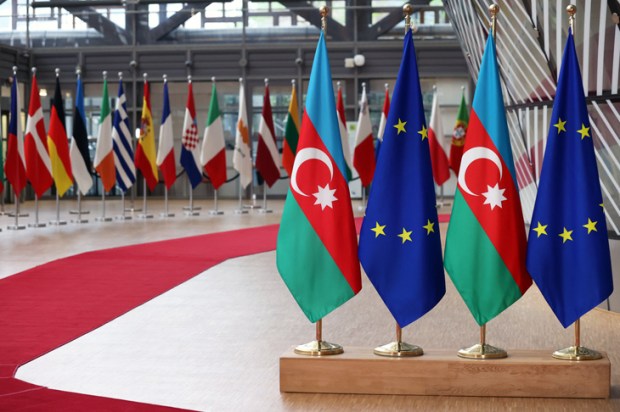
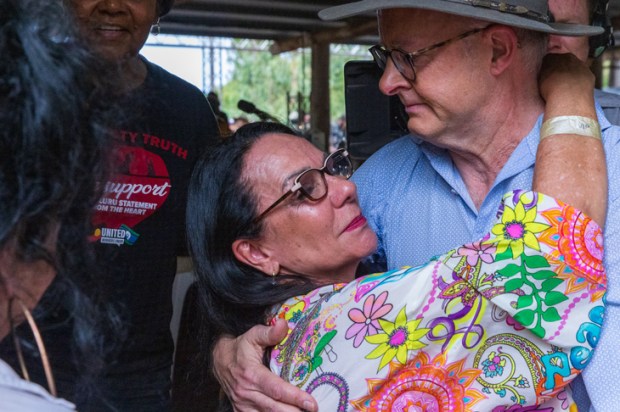
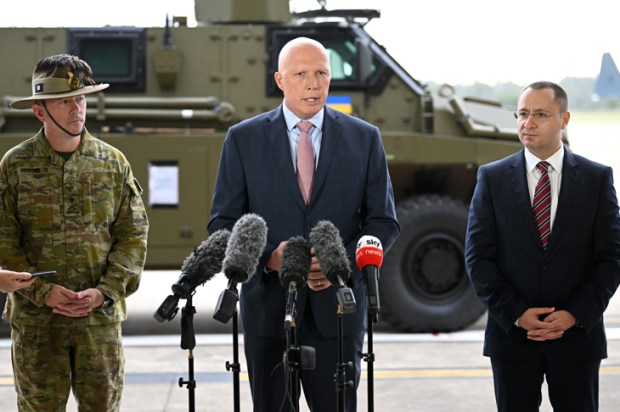
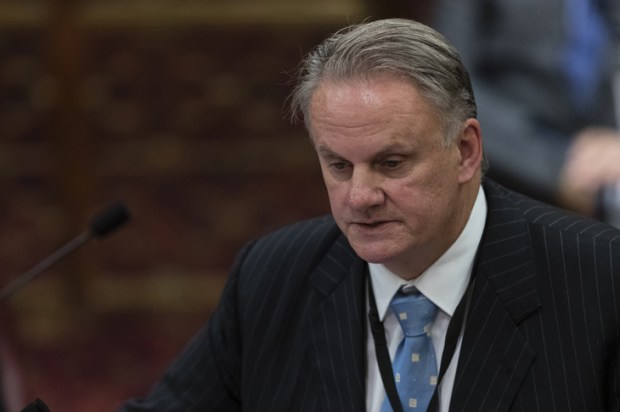
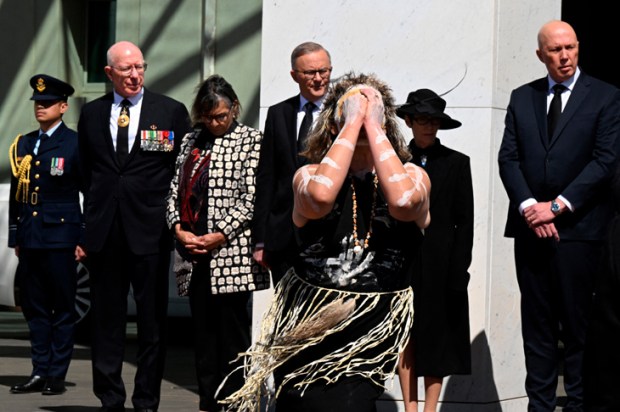






Comments
Don't miss out
Join the conversation with other Spectator Australia readers. Subscribe to leave a comment.
SUBSCRIBEAlready a subscriber? Log in